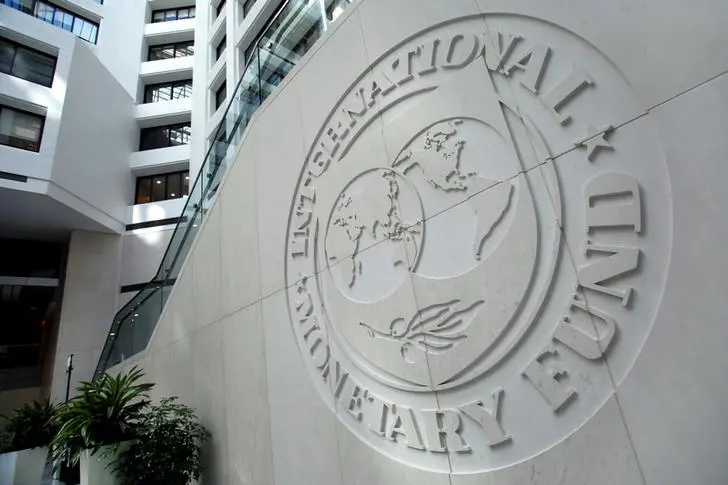PHOTO
Tunisia - Over the past decade, Tunisia has received a series of financial packages from international financial institutions, particularly the International Monetary Fund (IMF), with excessive conditions attached, under the guise of financial and monetary reforms aimed at reducing the value of the national currency, reforming monetary policy mechanisms such as the independence of the Central Bank of Tunisia (BCT) and adopting measures to adjust the prices of certain basic products.
For some time now, the executive has been gradually withdrawing from cooperation with international financial institutions, including the IMF, as these measures have caused difficulties for the national economy and social problems.
In a meeting with the Managing Director of the IMF in June 2002, President Kaïs Saïed stressed that he was "concerned about social peace and is not prepared to let the country suffer the consequences of any confusion at this level."
For the first time since joining the International Monetary Fund (IMF) in 1958, Tunisia appeared on the list of member countries with delays in completion of Article IV consultations or mandatory financial stability assessments over 18 months. The list includes Venezuela, Syria, Yemen, Iran, Belarus, Eritrea, Burkina Faso, Chad, Haiti, Myanmar and Russia.
Mourad Hattab, a financial risk expert, said Tunisia's approach was prudent, given that the reform agenda imposed on the Tunisian authorities by the IMF was a policy of austerity to the detriment of national monetary sovereignty.
This situation has led to “rising inflation, the independence of the BCT, huge losses for the Tunisian state and a clear move towards a floating exchange rate.”
For the financial risk specialist, Tunisia's approach is not far from the profound changes taking place in the region and the world, which is increasingly moving towards the East and emerging economic blocs as an alternative to dealing with the Bretton Woods system, which has not changed its approach based on exploiting people and enriching itself at their expense.
"Since 2013, the dinar has depreciated by 52% against the dollar, which has destabilised the external sector, which has recovered its growth rate after great efforts," Hattab stressed. He went on to explain that this situation is due to the application of IMF policies by certain governments, particularly in terms of exchange rate flexibility.
The financial risk specialist also added that the independence of the Central Bank of Tunisia (BCT) is part of the IMF's liberal policy, which “extends the influence of the financial system and its cartels over the Tunisian state under the pretext of providing it with financial facilities.” The negotiations with the IMF have led to a free fall of the national currency, which has affected the economy and the population.
Over the period 2013/2018, outstanding public debt increased by more than 30.5% of gross domestic product (GDP).
The debt ratio has also risen by 19% and several institutions have collapsed, including the Central Pharmacy of Tunisia and the Grain Board.
Responding to a question from TAP about the possible alternative and breaking line with the IMF, the expert said “several political parties claim that there is no alternative to the Fund, whereas there are many (alternatives) and East Asian countries have proved this by succeeding in cutting ties with the stranglehold of the international imperialist institutions".
He pointed out, in this context, that the Global financial safety net is a respectable alternative in terms of financing and investment, in addition to investment funds which have the same capacities as the IMF.
For Hattab, these alternatives can enable Tunisia and emerging countries to diversify their sources of financing, while avoiding the impact of external shocks.
© Tap 2022 Provided by SyndiGate Media Inc. (Syndigate.info).





















